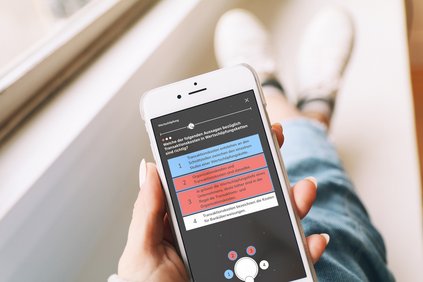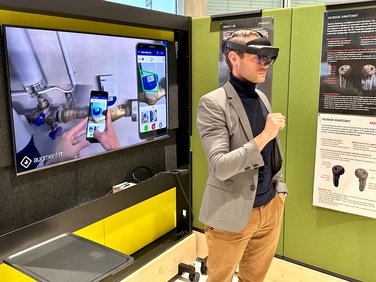Research - 10.10.2023 - 09:00
Miriam Meckel on the use of artificial intelligence in science
Artificial intelligence has the potential to revolutionize scientific work. Prof. Dr. Miriam Meckel from the Institute for Media and Communication Management at HSG explains in this interview how AI has changed her daily research routine and the opportunities she sees for the use of AI in the entire scientific system.
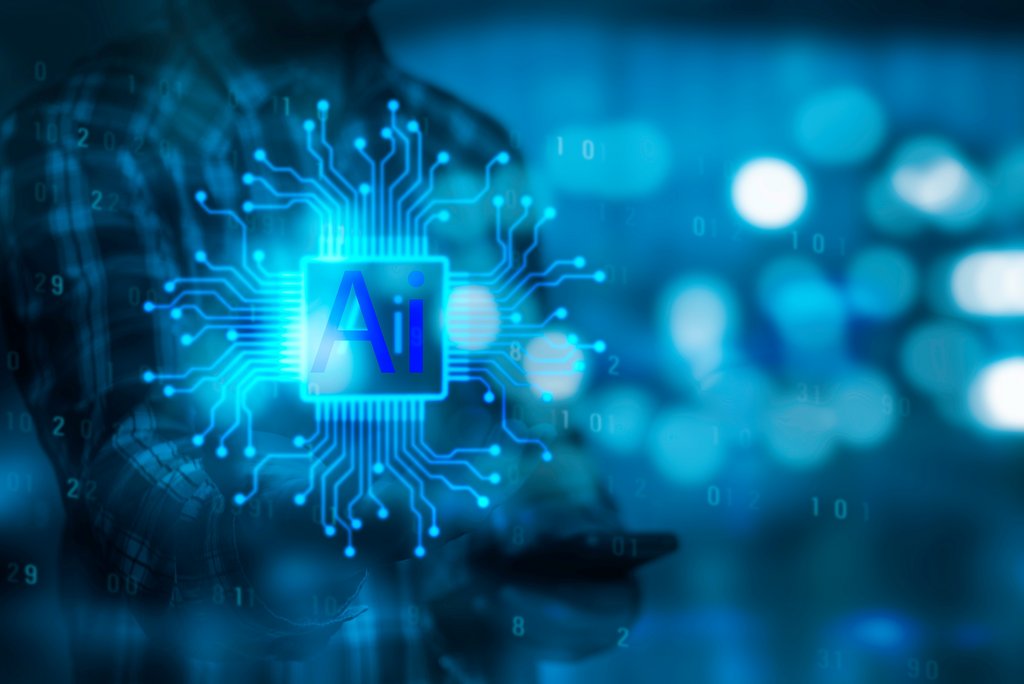
Künstliche Intelligenz birgt das Potenzial, auch die wissenschaftliche Arbeit umzukrempeln. Prof. Dr. Miriam Meckel vom Institut für Medien- und Kommunikationsmanagement der HSG erläutert im Interview, wie KI ihren Forschungsalltag verändert hat und welche Chancen sie im KI-Einsatz für das Wissenschaftssystem als Ganzes sieht.

Ms. Meckel, how do you personally use AI in your research activities?
In my scientific work, AI is truly a game changer. Tools like Elicit.org, for example, significantly ease access to relevant scientific papers. Imagine a tool that can search through all possible studies for me and find exactly what I need - this saves a lot of time.
How has AI changed data collection and interpretation in research?
You can think of AI as a hyper-efficient assistant. In the past, we would spend weeks sifting through data and analyzing it, while AI, such as the code interpreter of GPT-4, can do it in no time. AI helps us see patterns in the data that we might have overlooked, quickly converts data into visualizations, and greatly simplifies our research routine. However, data analysis skills are still crucial. We must continue to learn to interpret data, even to effectively utilize AI tools.
Are there examples of unexpected or groundbreaking discoveries made possible by the use of AI in research?
The "AlphaFold" project by DeepMind is a true breakthrough. It involves predicting how proteins fold. This is a highly complex and time-consuming process. For materials science and pharmaceutical research, it is a huge asset because it saves a lot of time and resources. Experts estimate that the contribution of this one project is roughly equivalent to about 200 million individual dissertations. It's almost incomprehensible.
What impact does AI have on the nature of insights in research? Do models that seek to explain causal relationships lose importance, and are there now simply more correlation analyses?
The thing is, AI is extremely good at recognizing patterns and correlations in data. But we humans must then examine and verify: "Does this make sense?" "Is there a causal relationship?" Because AI sees the data, but we humans can provide the context and the connection. By the way, humans often struggle with distinguishing correlation from causality, and this was the case even before the widespread use of generative AI.
In which areas of science do you see the greatest potential for the use of AI in the future?
I see huge potential. AI can make the entire research process much faster and more efficient. It could assist us in data analysis but also in conducting experiments in autonomous laboratories, where AI and robotic arms work hand in hand, essentially conducting research on autopilot. This may sound daunting to scientists who have been socialized differently, but I believe it is about enriching and expanding our human research and knowledge capabilities with AI.
What challenges and ethical concerns are associated with the use of AI in research, and how do you personally address them?
This is where it gets complicated. Where there is AI, there are also data and ethical questions are not far behind. How do we handle data securely? How do we ensure that AI is ethically used and that its results are transparent and understandable? How do we know that in our AI-based research, we are not replicating or even amplifying bias in the training data? These are challenges that we must take very seriously.
What is the role of human expertise in the context of AI in research? Are there areas where human researchers remain irreplaceable?
No matter how advanced AI is, it does not replace humans with their intuitive and creative approaches to thinking. We formulate research questions, we develop theories, and we are the ones who must ultimately ensure that research follows ethical principles. But why shouldn't we also be challenged in theory formation by AI? I see some parts of the scientific system critically, where the goal is to increase publications in familiar paths with ever finer-grained evaluations of the same datasets. And always cite those who are likely to review, or else you will be rejected anyway. This may all benefit from some disruption.
What advice would you give to young female and male scientists who are interested in integrating AI into their research?
Those who want to work with AI in research must become familiar with it fearlessly, learn what works and what doesn't. But never forget your foundation, your academic expertise. Combine both: be strong in your field and use AI as a tool to become even better and more efficient. And above all, stay curious and open to new ideas. Even in dealing with AI, courageous questions are often much more important than confident answers.
Image: photocase / aoo3771
More contributions on the topic of artificial intelligence
Discover our special topics
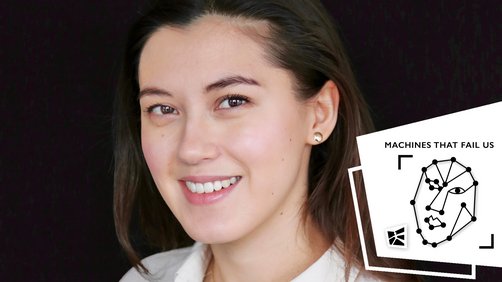

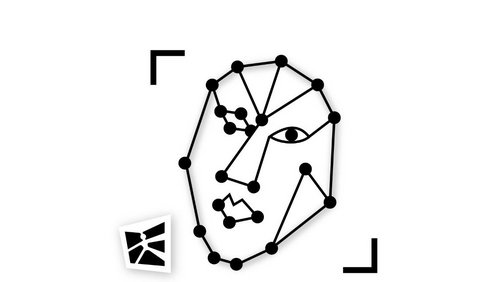

![[Translate to English:] KI-Regulierung in der Schweiz | unisg.ch](https://www.unisg.ch/fileadmin/_processed_/2/f/csm_KI_AdobeStock_ipopba-2000x1125_6af0ce2f92.jpg)

